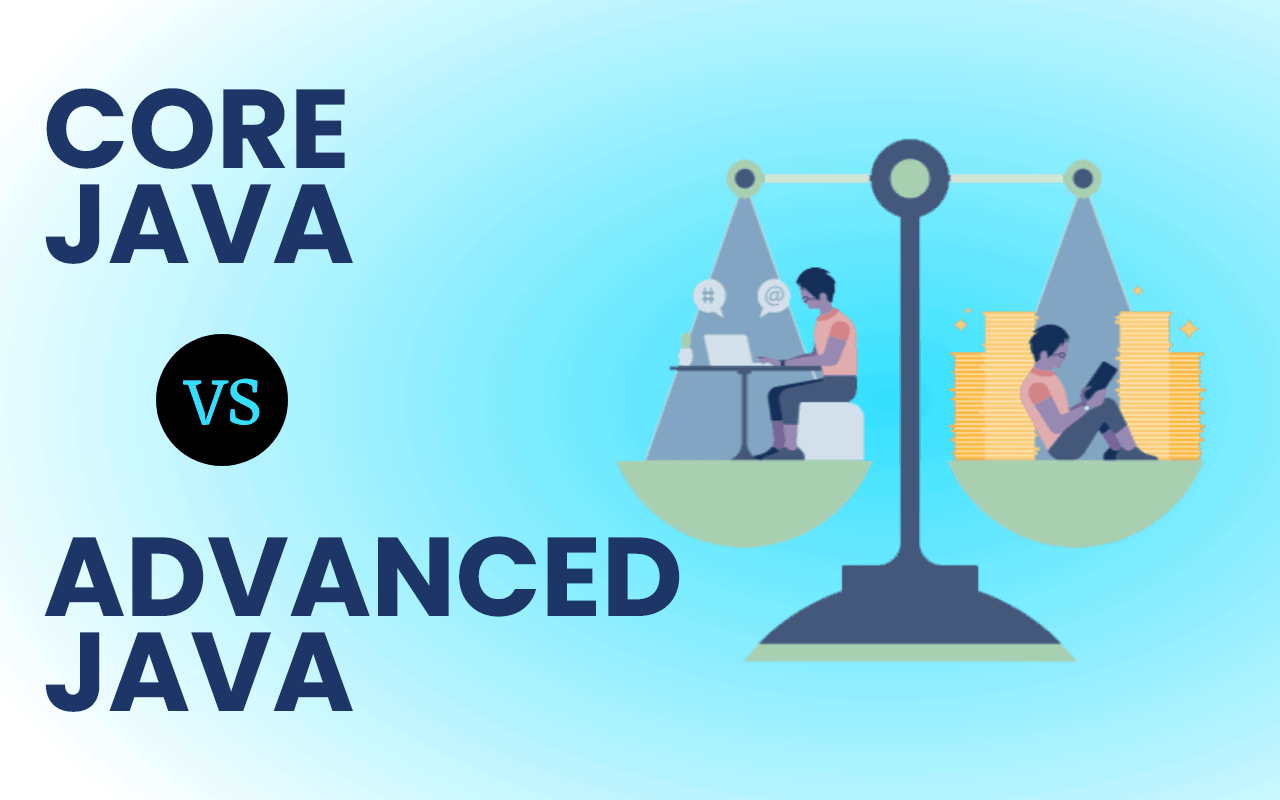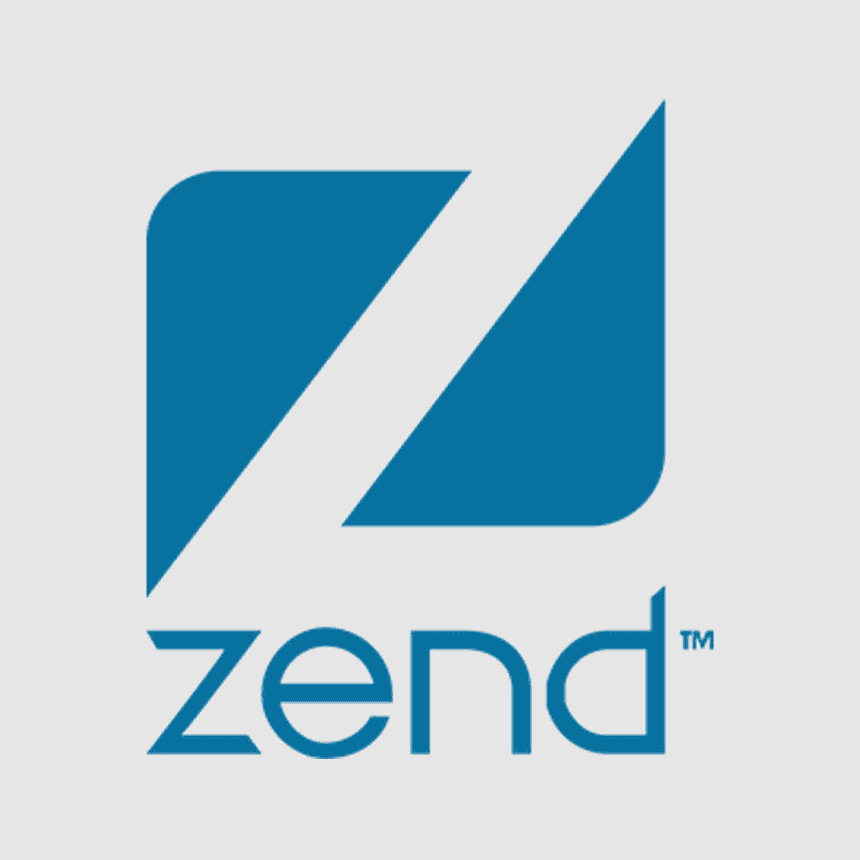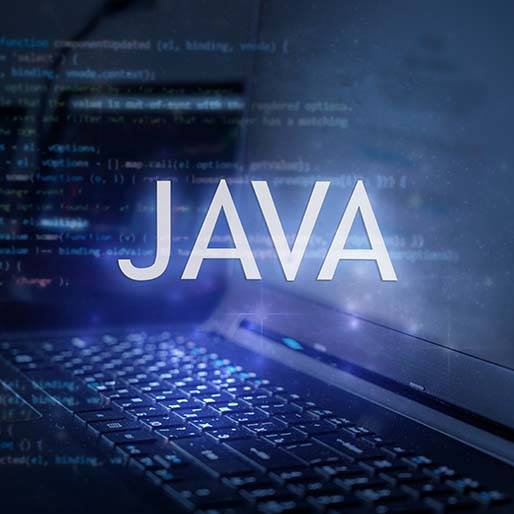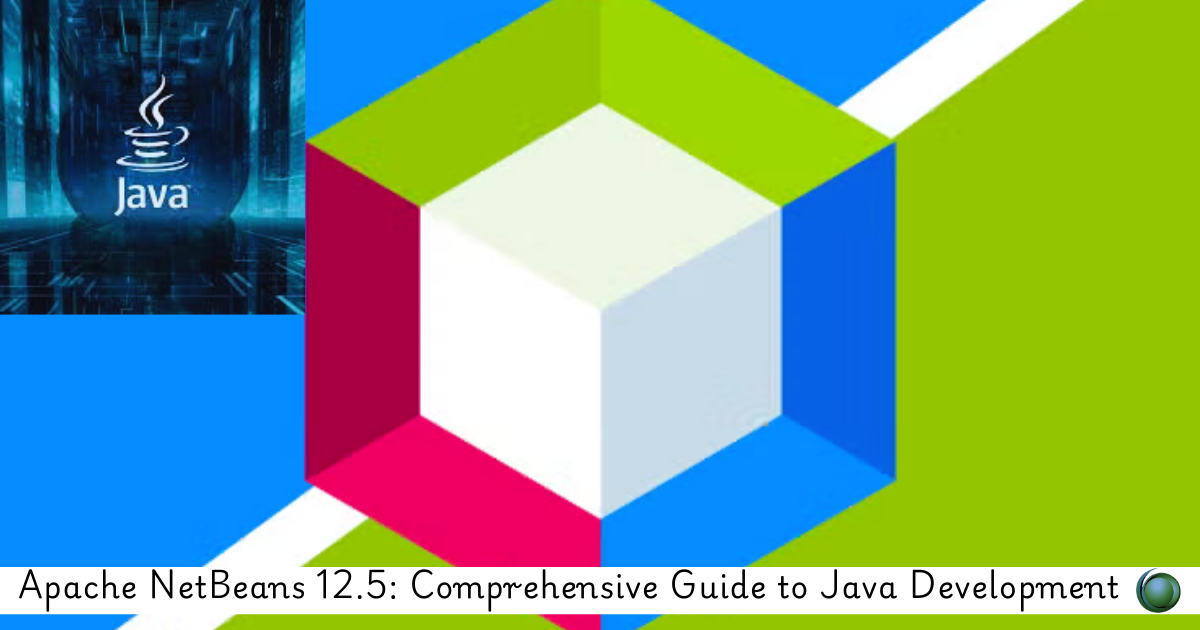Description
Introduction
Core Java is the foundation of the Java programming language, encompassing essential concepts and features that form the basis for building robust applications. It includes fundamental components such as data types, control structures, and object-oriented programming principles. Advanced Java builds upon this foundation, introducing more complex concepts and technologies like JDBC for database connectivity, Java Servlets, JavaServer Pages (JSP), and frameworks like Spring and Hibernate. Understanding both Core and Advanced Java is crucial for developing high-performance applications that meet diverse business needs.
Prerequisites for Core and Advanced Java Fundamentals
- Basic Programming Knowledge: Familiarity with programming concepts and at least one programming language.
- Understanding of Object-Oriented Programming (OOP): Concepts such as classes, objects, inheritance, polymorphism, encapsulation, and abstraction.
- Java Development Kit (JDK) Installation: Installation of the latest version of JDK and an Integrated Development Environment (IDE) such as Eclipse or IntelliJ IDEA.
- Basic Knowledge of Data Structures: Familiarity with arrays, lists, sets, and maps will be beneficial.
- Understanding of Software Development Principles: Knowledge of basic principles like code readability, maintainability, and debugging techniques.
TABLE OF CONTENT
1. Overview of Java
1.1 History and Evolution
1.2 Java Development Environment Setup
2. Basic Java Syntax
2.1 Variables and Data Types
2.2 Operators
2.3 Control Flow Statements (if, switch, loops)
3. Object-Oriented Programming (OOP) in Java
3.1 Classes and Objects
3.2 Inheritance
3.3 Polymorphism
3.4 Encapsulation
3.5 Abstraction(Ref: CSM and CSPO: Comprehensive Agile Role Training)
4. Exception Handling
4.1 Handling Exceptions
4.2 Try-Catch Blocks
4.3 Custom Exceptions
5. Java Collections Framework
5.1 Lists, Sets, Maps
5.2 Iterators
5.3 Collections API
6. File I/O
6.1 Reading and Writing Files
6.2 Serialization and Deserialization
7. Threads and Concurrency
7.1 Multithreading Concepts
7.2 Synchronization
7.3 Thread Pools
8. Java GUI Programming (Swing)
8.1 Creating GUI Components
8.2 Event Handling
9. Java Database Connectivity (JDBC)
9.1 Connecting to Databases
9.2 Executing SQL Queries in Java
10. Networking in Java
10.1 Socket Programming
10.2 URL Handling
11. Servlets
11.1 Introduction to Servlets
11.2 Servlet Lifecycle
11.3 Servlet Configurations
12. JavaServer Pages (JSP)
12.1 Introduction to JSP
12.2 JSP Lifecycle
12.3 JSP Tags
13. Enterprise JavaBeans (EJB)
13.1 Overview of EJB
13.2 Session Beans, Entity Beans, Message-Driven Beans
14. Java Persistence API (JPA)
14.1 Object-Relational Mapping
14.2 Hibernate Framework
15. Spring Framework
15.1 Introduction to Spring
15.2 Dependency Injection
15.3 Spring MVC
16. RESTful Web Services
16.1 Introduction to REST
16.2 Building RESTful Services in Java
17. JavaFX
17.1 JavaFX Basics
17.2 Creating Desktop Applications
18. Java Unit Testing
18.1 JUnit Framework
18.2 Test Driven Development (TDD)
19. Introduction to Design Patterns
19.1 Common Design Patterns
19.2 Applying Design Patterns in Java
20. Java Best Practices and Coding Standards
20.1 Writing Efficient and Readable Code
20.2 Code Reviews and Refactoring
21. Java Performance Tuning
21.1 Optimizing Java Applications
21.2 Memory Management and Garbage Collection
22. Java Security
22.1 Secure Coding Practices
22.2 Authentication and Authorization
23. Introduction to Microservices Architecture
23.1 Microservices Concepts
23.2 Spring Boot for Microservices
Conclusion
Mastering Core and Advanced Java fundamentals is essential for developers looking to create versatile and efficient applications. Core Java provides the necessary groundwork, while Advanced Java equips developers with the tools and techniques to tackle complex programming challenges. By understanding the intricacies of both realms, developers can build robust, scalable, and maintainable applications that meet the demands of modern software development. Continuous learning and practice in these areas will enhance coding skills and pave the way for career advancement in the software industry.
If you are looking for customized info, Please contact us here







Reviews
There are no reviews yet.